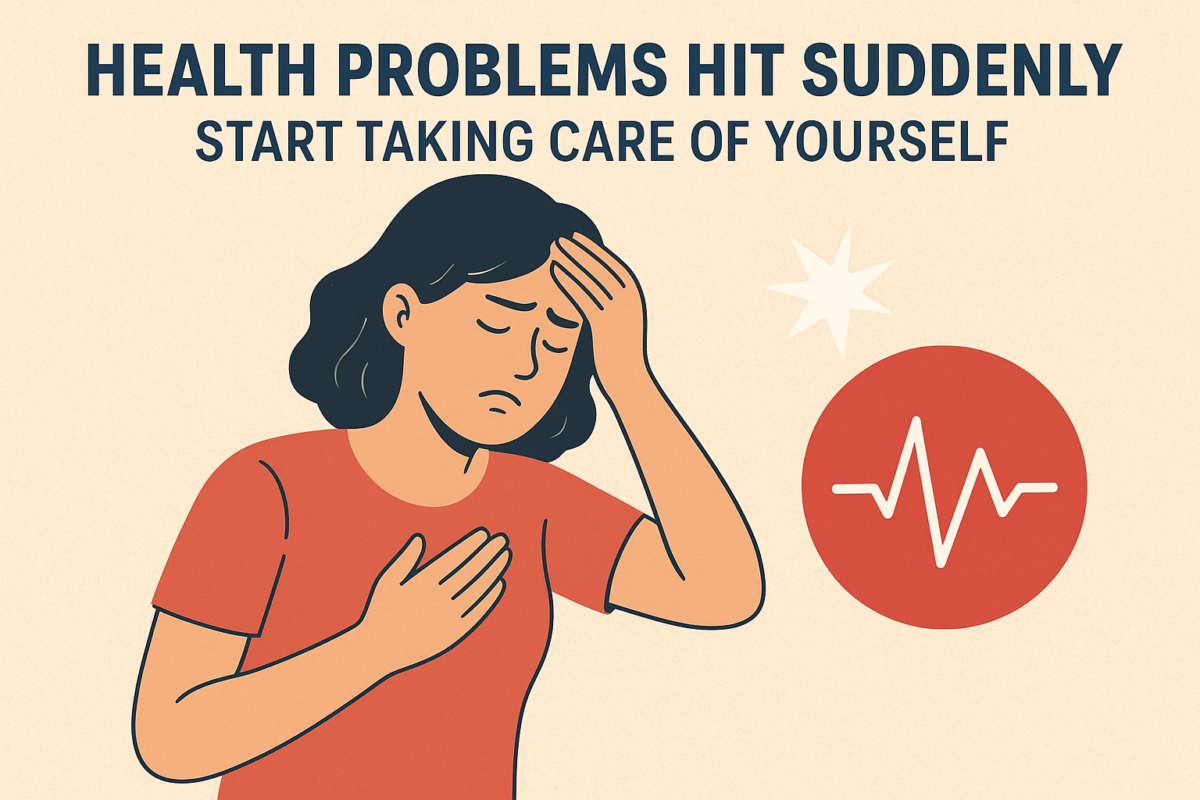Health is one of the most important aspects of life, and scammers know it. From miracle cures to fake supplements, fraudulent treatments prey on fear, hope, and urgency. Knowing how to spot and avoid these scams can save both your health and your wallet.—1. Understand Common Health ScamsSome scams are more common than others:Miracle Cures: Products claiming to cure serious diseases like cancer, diabetes, or chronic pain.
Weight Loss Scams:
Supplements or programs promising rapid weight loss without diet or exercise.
Fake Medical Devices: Gadgets that claim to diagnose or treat conditions without FDA approval.
Phishing and Fraudulent Clinics: Emails, websites, or phone calls pretending to be legitimate medical providers, asking for personal or financial information.
Celebrity-Endorsed Products: Even fake endorsements can mislead people into buying ineffective treatments.
2. Red Flags to Watch Out ForToo Good to Be True:
Promises of a quick fix or guaranteed results are almost always false.
Urgency and Pressure: Scammers often push you to act immediately to “secure the offer.”
Lack of Scientific Evidence: No clinical studies, peer-reviewed papers, or FDA approval.
Hidden Costs: Unexpected fees, subscriptions, or recurring charges.
Anonymous or Untraceable Sellers: No verified company address, phone number, or customer support.
3. How to Verify Health Products or Services
Check Reliable Sources: Look up the product or clinic on the FDA website or health watchdog organizations.
Consult Professionals: Ask a licensed doctor, pharmacist, or dietitian before starting new treatments.
Read Reviews Critically:
Verified user reviews are more reliable than testimonials on the seller’s website.Research the Ingredients: Know what’s in the supplement or medicine and whether it’s approved for your condition.
Look for Red Flags in Marketing:
Extreme claims, celebrity photos, or vague descriptions are usually a warning.
4. Protect Your Personal Information
Avoid giving your credit card, insurance, or social security numbers to unverified sources.Be cautious of unsolicited emails or phone calls claiming to be medical professionals.Use secure, verified websites if purchasing supplements or health services online.
5. Report Scams
If you encounter a health scam, report it to:Federal Trade Commission (FTC) – for consumer fraud
FDA Consumer Complaint Coordinator – for unapproved drugs or supplements
Your bank or credit card company – if financial information was compromised
6. Bottom Line
Health scams thrive because people are looking for hope and solutions. By staying informed, questioning extraordinary claims, and consulting reliable sources, you can protect yourself from fraud and make decisions that are safe for your body and your wallet.


